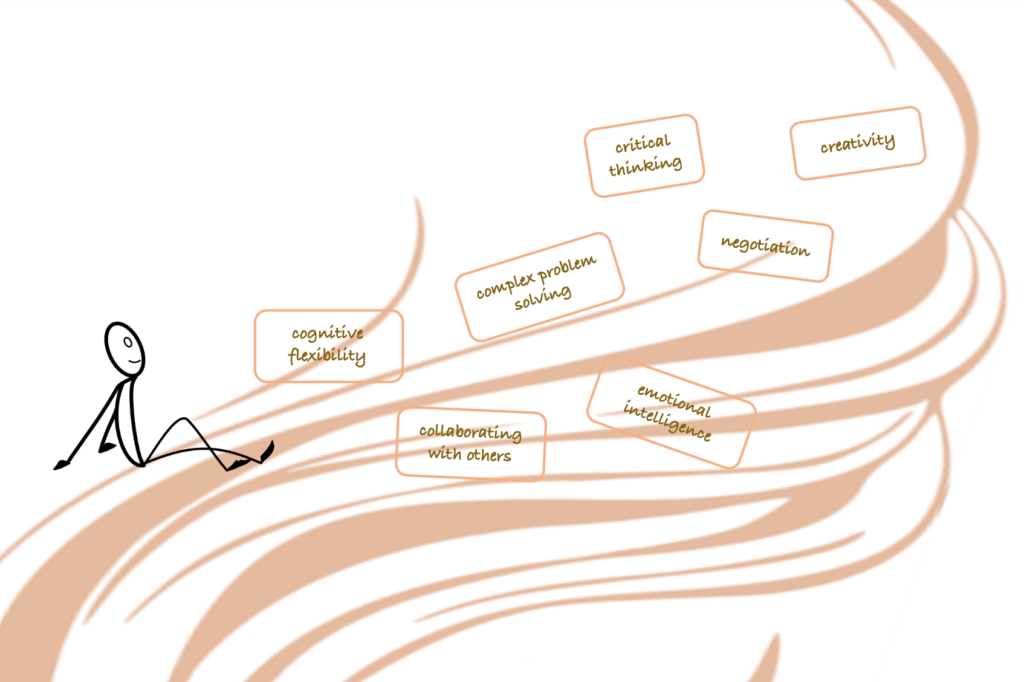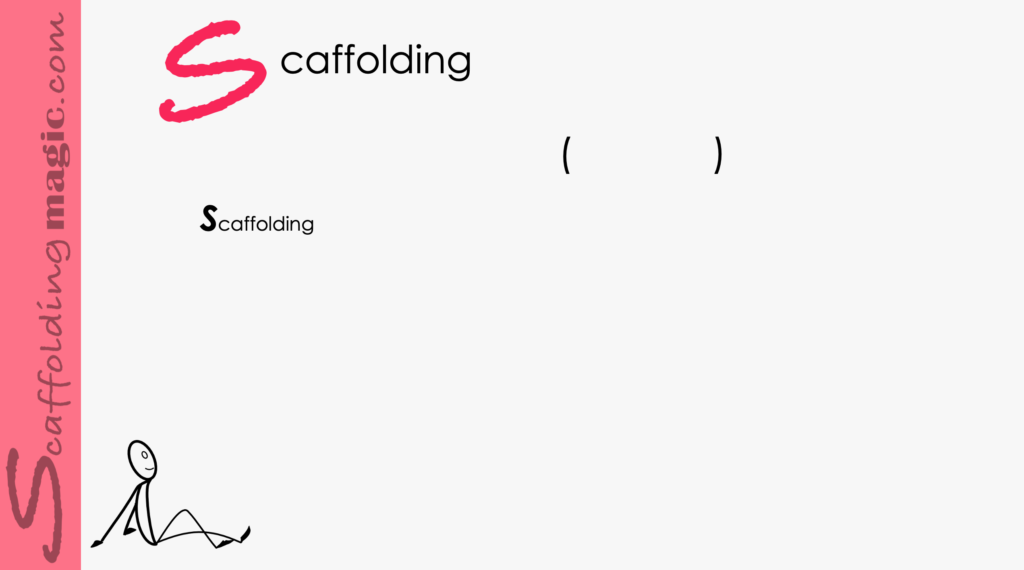You caught a beauty!!!
Download PDF of scaffold here.
The first days of school often begin with book lists either sent home to parents, posted on the walls of our classroom, or presented to our students as a preview of what the school year will hold. This scaffold helps us to make the introduction of the exciting books we’re going to read with our students, interactive and a learning experience in itself. It includes ‘soft skills’ (cooperative work, communication development, self-confidence, etc.), and the core dynamic we’ll use throughout the year (student-centred learning) so that our young students understand immediately that they are going to be active participants in their own learning.
This scaffold can be used at any point in the school year; however, it is a perfect way of honouring librarians who, on April 17th of every year, all over the world, have their day: International Day of the Librarian. Often the unsung literary heroine or hero of the school – many times in unseen ways– we can help our students to honour their school librarians through direct recognition of the diversity and accessibility of books they make available to us.
Most of us have a favourite book list we use year after year, giving us a comfort level for the material we’ll be using in our classes. For beginning teachers and experienced teachers alike, it keeps us young and vibrant when we update at least some of our book lists every year. Asking our librarians is usually an easy and efficient way of finding out about new acquisitions. We can also explore new publications through up-to-date book lists. Once we’ve decided, here’s a way of introducing the list to our students and help them anticipate the adventures they have in store for them.

New York Public Library’s 100 Picture Books Everyone Should Know
Wordless books
50 Best Books for Pre-Schoolers
More wordless books
Download Scaffold in Word
Download Scaffold in PDF


Scaffoldingmagic.com is your entryway into DYNAMIC bilingual learning methodologies, such as Phenomenon-Based Learning, CLIL, EMI, and ESL. You’ll find ways to implement critical thinking tools (DOK) to promote higher level thinking, the growth mindset, instill an ethic of excellence, deep reflection on learning, and all through multi-cultural, interdisciplinary activities. We have the keys to turning competences into action and to creating collective efficacy in your school so you move ahead as a unified, enthusiastic team.



